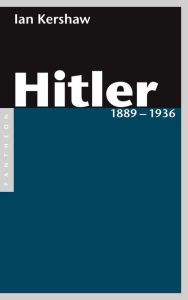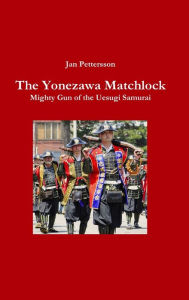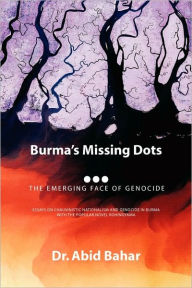World Order by Henry Kissinger - A 30-minute Instaread Summary
World Order by Henry Kissinger - A 30-minute Instaread Summary
PLEASE NOTE: This is a summary of the book and NOT the original book. World Order by Henry Kissinger - A 30-minute Instaread Summary Inside this Instaread Summary: Overview of the entire book Introduction to the important people in the book Summary a...
Read more
PLEASE NOTE: This is a summary of the book and NOT the original book. World Order by Henry Kissinger - A 30-minute Instaread Summary Inside this Instaread Summary: Overview of the entire book Introduction to the important people in the book Summary and analysis of all the chapters in the book Key Takeaways of the book A Reader's Perspective Preview of this summary: Chapter 1 In many early societies, order was created and maintained by central leadership rather than through the self-rule of states. Leaders in China and Islam fought for power. Other regions experienced chaos and frustration as they tried to establish order. Europe uniquely allowed different regions within the whole to rule themselves. Leaders felt this would allow their people to celebrate and balance their own interests. The fall of the Roman Empire shattered the rules that Roman citizens had always lived by. Romans began to focus on Christianity, which was governed by the government and the church. Charlemagne, Roman emperor in 800, vowed to defend the church at all cost. The Empire disintegrated under his rule due to several civil wars. The emperor of Rome was elected by princes in unfair elections, and there was a constant struggle for power between the Pope and the emperor, making the concept of order seem completely out of reach. Prince Charles of Habsburg became Holy Roman emperor after Charlemagne. Charles focused on protecting and exalting the Roman Catholic Church. He was unable to do so when Protestantism swept across the region. By the fifteenth century, European explorers began traveling in search of wealth and fame. Soon, an increased focus on the individual and reason rather than the Church spread through Europe. As the Thirty Years' War raged on between catholics and protestants, France appointed Cardinal de Richelieu as the chief minister of France. Richelieu wanted to use the balance of power to help structure foreign policy. He believed that the divisions within Europe
Less













.jpeg)














